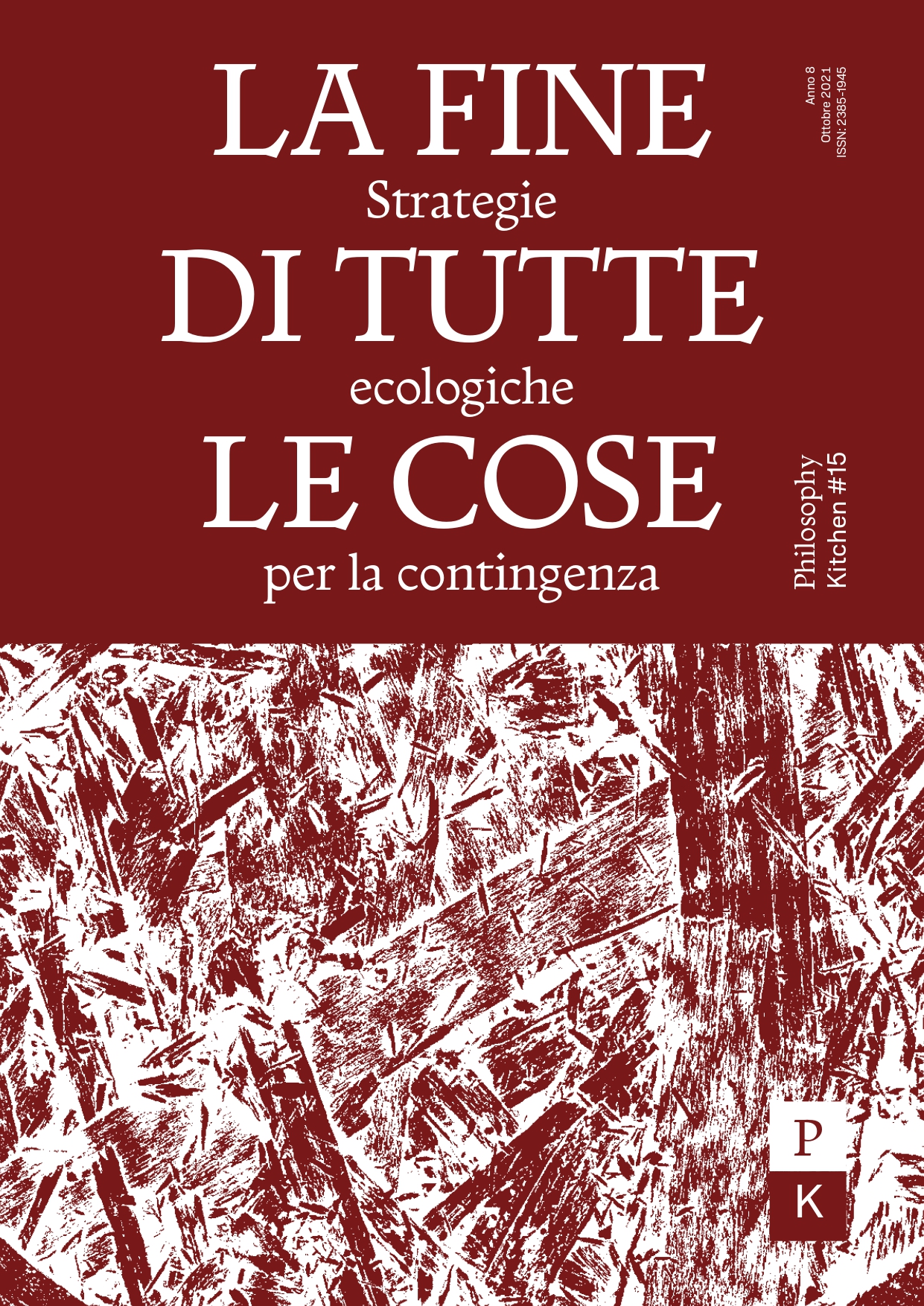Manières de lier. Deux styles écologiques en région méditerranéenne
DOI :
https://doi.org/10.13135/2385-1945/6217Résumé
This article goes back to the turn of the 20th century, when the term “ecology” was introduced in plant sciences. The essay focuses on the epistemic effects of the ecological perspective by taking into account the problem of the definition of the Mediterranean region. It confronts two authors belonging to two successive generations: Charles Flahault, a representative of the botanical geography of the Montpellier school, and his pupil Louis Emberger, a proponent of a bioclimatic approach. In seeking to define the Mediterranean region, both scholars adopted an ecological perspective: a scientific perspective no longer attentive to mere organisms but to the relationships between organisms and their environments. Plant ecology, distancing itself from botany, is thus announced as “the end of all things”. However, the common ground shared by Flahault and Emberger goes together with different ways in conceptualizing and imagining the relationships between organisms and environments. The comparison between their respective thoughts and methods will lead us to sketch two different ecological styles.





